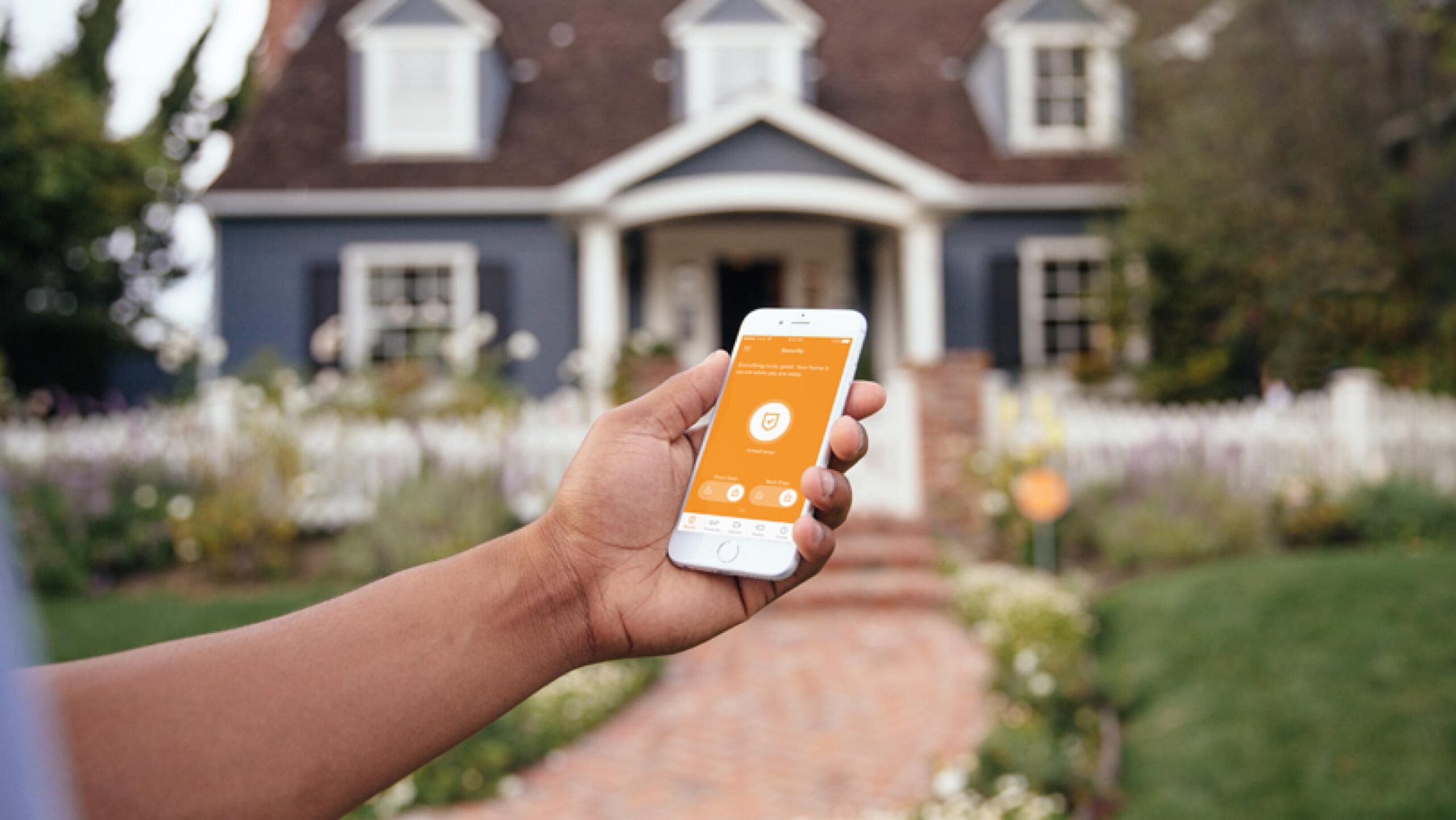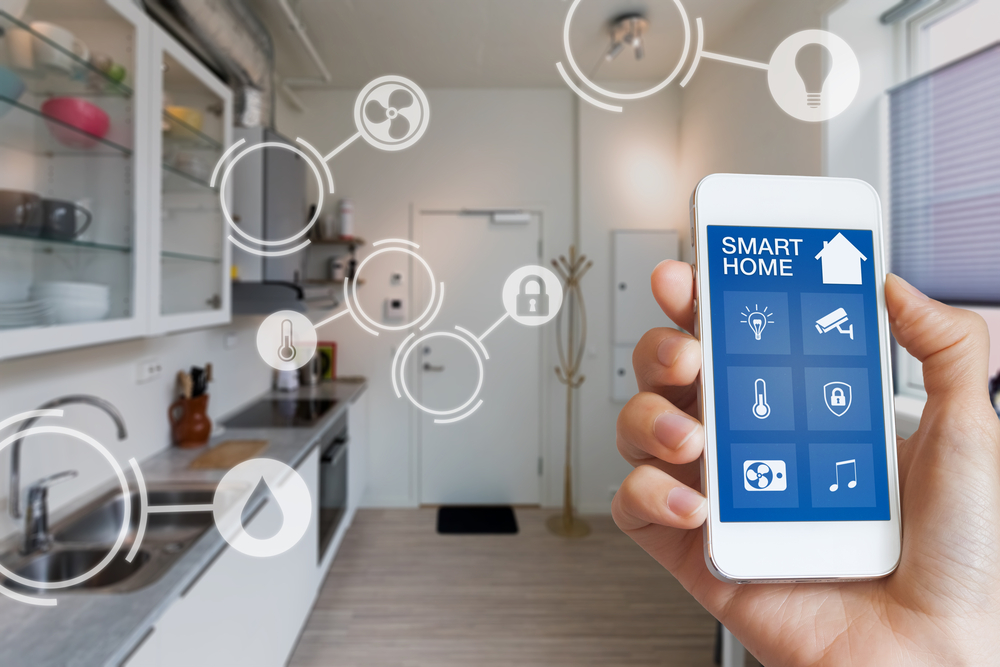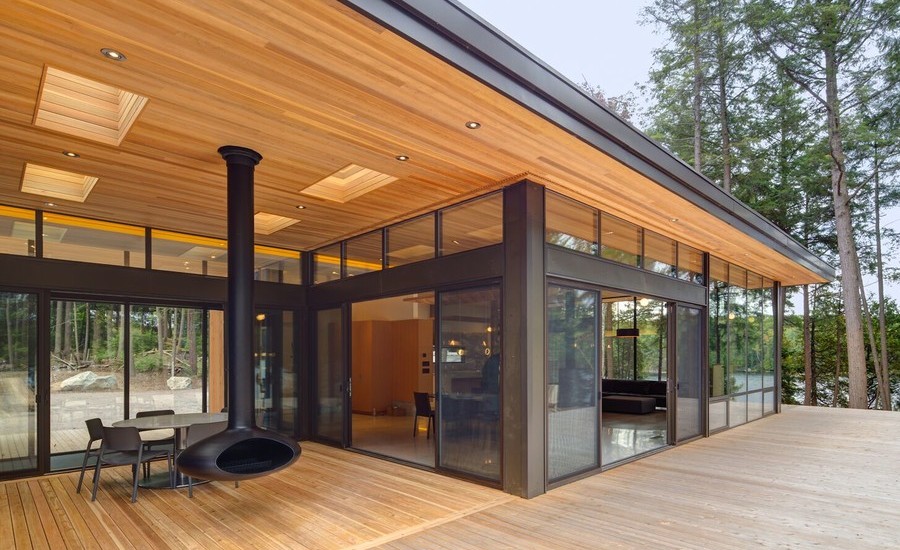The growing digital age calls for apps and software to make our life easy. As mentioned in Forbes, no industry is immune to new technologies and for years developers are scratching their heads to introduce a better way to collect data from the field and convert it into some meaningful information. So, if you want to know about your property value, you can check for property assessment apps or software, you will find many on the search results. However, the present situation of COVID-19 has triggered the usage of these apps more than ever.
You can understand for yourself how the circumstances have largely reduced the physical verification and evaluation processes. Not only the customers but the reviewers are hesitant to physically visit the properties and assess its value.
Most of the firms prefer working from home unless it becomes very necessary to visit. So, in this unlikely scenario, how can you cope with the evaluation procedures and take field notes? Yes, you guessed it right as these calls for developing software and app that not only records all the variables but also guides you to reach conclusive evidence.
Top technology trends you can’t neglect
With so many changes in the data industry, most of the technology is in line with collecting, segregating, and converting raw data into useful information and carry out major tests to determine the property value.
As per Bernard Marr who is a key contributor in the enterprise technology division and is a constant blogger at Forbes, technology transformation is inevitable and he has also shared the top trending technologies in the department of data collection and conversion.
The current trend invites you to look into Big Data and the most to benefit from it are the real estate and property managers. The big data analysis when combined with the powerful tool of machine learning can actually give you the timeline trends and projections of properties and asset reviews. This helps you to determine the buying and selling patterns.
Moreover, it also helps you to determine the potential value of properties within a locality.
In addition to that, the technology can also store historical data which also plays a key role in determining the value of the asset. These data include information about Fire safety standards, utilities, telecommunications, access to public transport, etc.
Now, isn’t that great? From the customer’s point of view, it becomes very easy to only provide details about their homes and any renovations are done recently. For property managers, it also becomes effective to pull out the history and assign a certain value point or weightage to the locality.
The next big thing with respect to assessing property value is the virtual reality or augmented reality, as many tech geeks would say. Virtual reality provides the managers or the appraisers to be at a home without being there. It is really interesting as it sounds. Just imagine you are in your home and just with VR goggles and some tools, you are able to see a property, look at its nooks and corners like if you are physically present there.
Value tech – a technology of all, for all
So, in the previous section, we’ve seen how different technologies can come together to create something useful and important in current as well as future scenarios. Valuetech is one such technology that compiles hints of all the above-mentioned technologies. Now, what has Valuetech done?
ValueTech has essentially developed a proprietary technology that follows the steps of data collection, standardization, and analysis to evaluate a property based on past information, current home-value trend, and locality weightage.
It is an appraisal software developed for estimating property value. It is very easy, efficient, and effective. The software allows you to upload photographs of the building or property and characteristics. With the help of stored data and past information, the technology automatically takes into account all the variables and refine them accordingly.
After proper refining, values are assigned to each characteristic, and weightage is calculated. In the end, it will give you the projected appraisal value of the property for different periods and that too, pretty accurate.
What else can anybody wish for? Now, you also have the flexibility to use the different model approaches for reviewing property value and kick-in or kick-out variables based on your experience making this technology more sophisticated for real-time use.




















